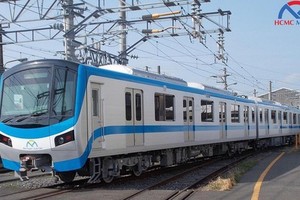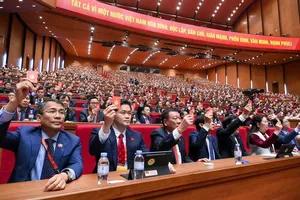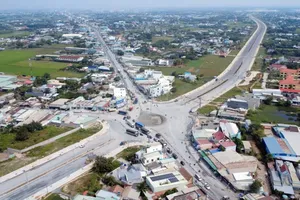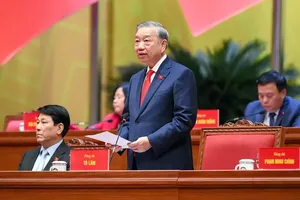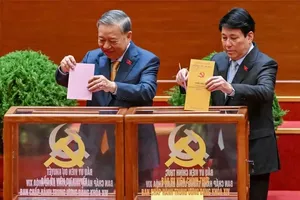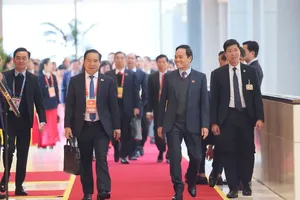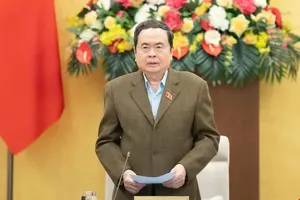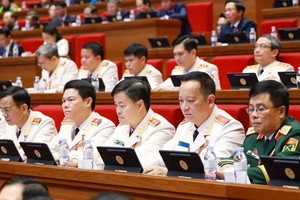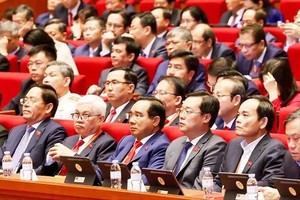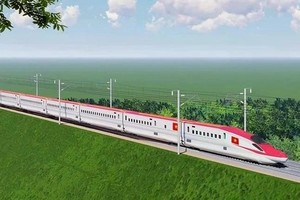During the 15th NA’s ongoing eighth session, participants expressed concerns regarding the potential financial implications of increased autonomy for schools and hospitals.
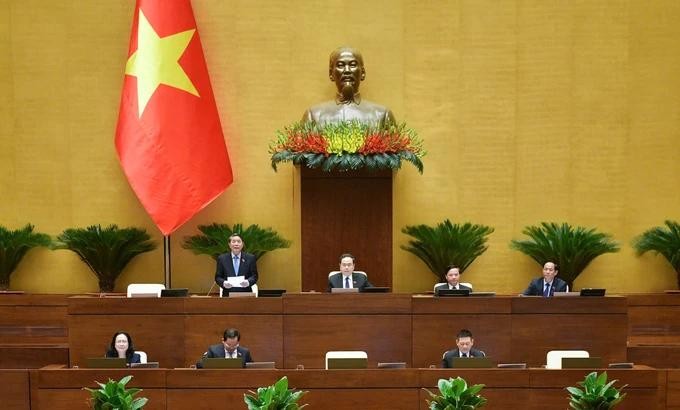
Deputy Hoang Van Cuong in Hanoi asserted that the inadequate allocation of capital for health and education development impedes the ability of hospitals and universities to undertake necessary investments. He referenced the example of Phu Tho General Hospital and the Obstetrics and Pediatrics Hospital, which have both adopted an autonomous mechanism. From the entrance to the treatment areas, these hospitals are as aesthetically pleasing as 5-star hotels. By fully implementing autonomy, they have achieved a technical level in reproductive support that ranks among the top five nationwide.
However, the primary concern for the hospital leaders is not medical technology or the procurement of drugs and equipment. Instead, it is how to manage the 11 percent interest on the loan taken to build these modern facilities.
The deputy assessed that if depreciation is solely considered for reinvestment and to offset routine expenses, in alignment with the principles of investment autonomy and regular expenditures, the hospital will be highly assured in exercising its autonomy. Consequently, the pricing of medical services will remain at a reasonable level, making them accessible to patients.
However, if medical facility leaders contribute the 11 percent loan interest cost to the price of medical services, it will lead to soaring prices. It's unreasonable that patients, who should only be paying for the cost of medical examination and treatment services, are now burdened with additional bank loan interest. That's why major hospitals in the Central region are reluctant to fully embrace autonomy.
Autonomous universities face a similar situation. When the State invests in the construction of initial infrastructure, these institutions primarily need to focus on depreciation for reinvestment and ongoing operational costs, resulting in lower training expenses. Conversely, if they resort to borrowing for investments, the financial burden is transferred to students through increased tuition fees. This explains the high tuition rates at autonomous universities, as they often encompass both bank interest and the initial capital investment.
In light of this reality, Deputy Hoang Van Cuong remarked that if hospitals and universities are granted autonomy to manage their own finances—taking on loans and repaying both interest and principal—the outcome will be that patients and students will face elevated service costs. This shift indicates a transition towards a market-driven approach, moving away from the principles of socialist orientation.
Therefore, the deputy proposed reevaluating the allocation of development investment capital from the state budget for medical and educational facilities, ensuring sufficient funds for construction and initial setup. Once established, schools and hospitals should be granted autonomy to manage depreciation, reinvest, and cover regular expenses. This approach would allow these facilities to achieve true autonomy, relieving patients and students from bearing high costs.
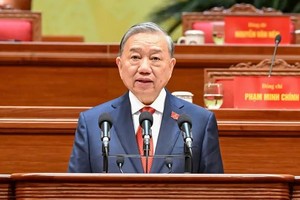
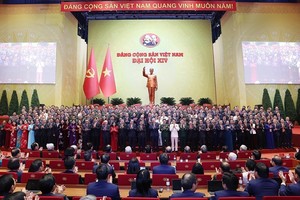
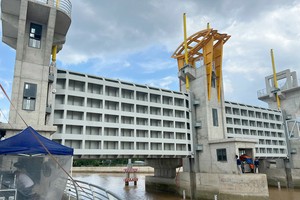
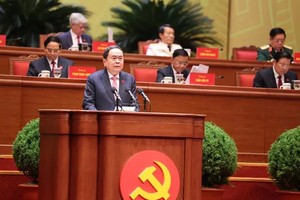
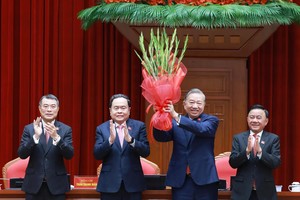
)
